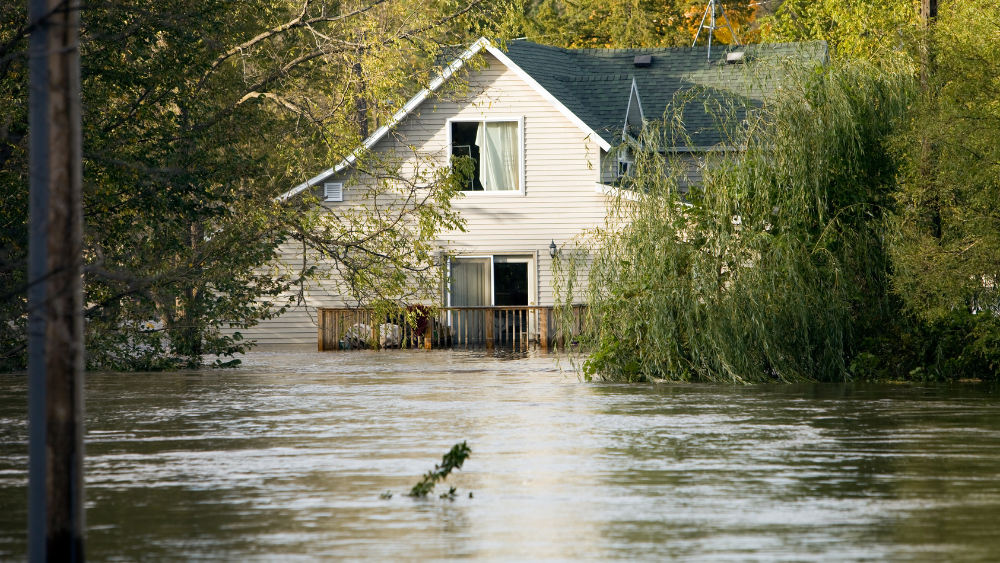From wildfires and floods to extended power outages, California has faced its share of extreme weather events in recent years. In a time when the unexpected has become the norm, having a reliable backup energy source is no longer a luxury—it’s a necessity.
Enter: propane generators. These powerful, low-maintenance backup systems can keep your home, business, or critical equipment running smoothly during emergencies. Whether you’re bracing for fire season or just want peace of mind during the next storm, propane is one of the most dependable energy solutions out there.
Why Emergency Preparedness Matters Now More Than Ever
According to Cal OES (California Governor’s Office of Emergency Services), climate-related disasters are intensifying, with more frequent Public Safety Power Shutoffs (PSPS), fast-moving wildfires, and flood events affecting communities statewide .
- Wildfires can lead to weeks-long power outages in rural and urban areas alike.
- Storms and flooding can knock out utilities or restrict access to fuel and food.
- Grid strain during extreme heatwaves may cause rolling blackouts or unplanned outages.
In the face of these risks, being prepared is essential.
Why Choose a Propane Generator?
Propane-powered generators offer several advantages compared to gasoline or diesel models, making them a smart choice for emergency energy needs:
Clean-burning & Long Shelf Life
Propane doesn’t degrade over time like gasoline or diesel, which means it’s perfect for long-term storage and standby use.
Reliable During Power Outages
Unlike electric or solar systems that depend on the grid or weather, propane generators kick in instantly and operate independently.
Fewer Maintenance Needs
Propane burns cleaner, which results in fewer carbon deposits and less wear and tear on the engine.
Safe & Readily Available
Propane is stored in pressurized tanks and won’t spill or evaporate like gasoline. Plus, with a reliable propane provider (like us!), resupplying during an emergency is easier than sourcing fuel from gas stations that may be out of power themselves.
Bonus: Propane can power more than just your generator—think water heaters, stoves, and outdoor appliances, making it a versatile fuel for comprehensive emergency planning.
How to Prepare Now (Before an Emergency Strikes)
- Choose the Right-Sized Generator
Work with a licensed installer to evaluate your home or business power needs. You may opt for a whole-house standby generator or a smaller portable model that powers only the essentials. - Install Safely
Propane generators should be professionally installed and located at least 5 feet away from openings and ignition sources, per NFPA codes . - Keep Your Propane Tank Full
During high-risk seasons like summer and early fall, check your tank gauge regularly and schedule top-offs when your levels reach about 30%. - Test Your Generator Regularly
Don’t wait for an emergency. Run your generator every 1–2 months to keep the system primed and ensure everything works properly. - Create an Emergency Kit
Stock up on essentials including flashlights, batteries, first aid supplies, and food/water for 72 hours. Don’t forget instructions for operating your generator and propane shutoff valve if needed.
The Propane Advantage in California’s Emergencies
Whether you live in a wildfire-prone rural area or a densely populated city subject to rolling blackouts, a propane generator is a smart, clean, and reliable solution.
Need help selecting the right generator or setting up propane service? We’re here to guide you through it so you’re not left in the dark when disaster strikes. Call your local Delta Liquid Energy office today.
Sources:
- Cal OES Emergency Preparedness Tips
- National Fire Protection Association (NFPA) Generator Safety Codes
- Propane Education & Research Council – Generator Facts
- U.S. Department of Energy – Backup Generator Guidance
